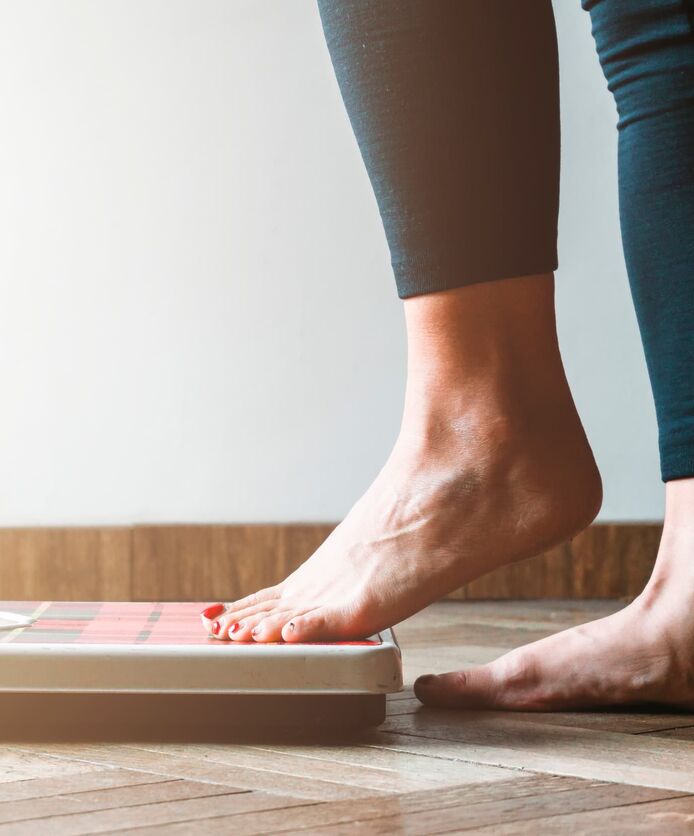Does Propecia work?
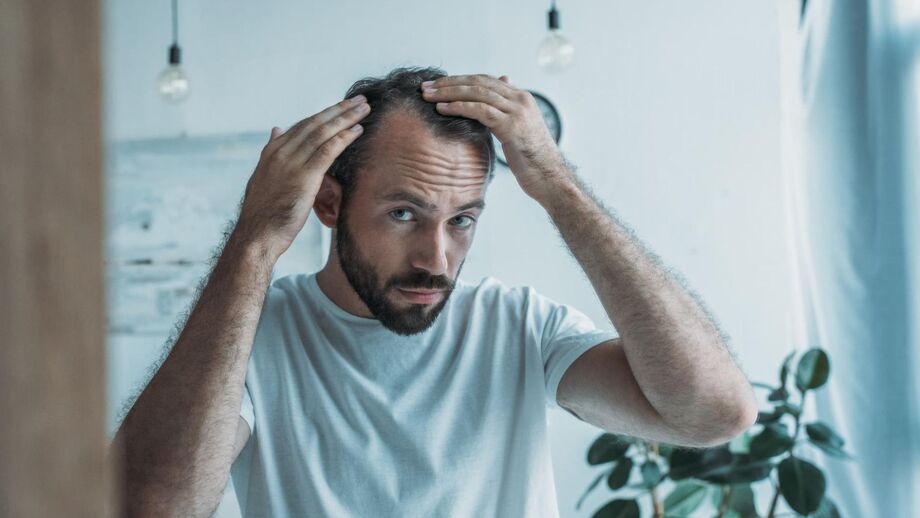
Propecia, the branded version of the generic medication finasteride, is a treatment for hair loss that targets levels of dihydrotestosterone (DHT) as a contributing factor. Because of this, it’s only recommended for use in men, treating the effects of androgenetic alopecia.
If you’re worried about hair loss yourself, you may have already looked online to find the range of treatments available. But with so many to choose from, including branded and generic versions, it can be hard to understand what is the right choice for you and your hair.
In this article, we examine how effective Propecia is at treating hair loss in men and whether there are any factors you should consider before use.
Is Propecia worth it?
As an officially licensed hair loss treatment, Propecia has undergone rigorous testing to ensure it is both safe and effective for use to treat androgenetic alopecia. Still, many worry that hair loss treatments are a waste of money and won’t produce the desired results.
According to research conducted both before and after finasteride’s approval for use, this medication - the active ingredient in Propecia - is highly effective in treating male hair loss.
A review of previous studies which was published in 2022 found that taking 1 mg per day of finasteride - the recommended dosage - led to a significant increase in hair count when compared to a placebo at six-month intervals.
Similarly, a 2019 study assessed the efficacy of finasteride to treat androgenetic alopecia in Japanese men over a period of 10 years. This study found that 99.1% of men experienced a prevention of disease progression, while 91.5% had an improvement of symptoms.
What this research means is that, in the majority of men treated with finasteride or its branded counterpart Propecia, these medications can:
- Slow hair loss
- Stop it from getting worse
- Encourage hair regrowth.
Naturally, the results vary from person to person within these studies, and some may see more noticeable improvements than others or see them more quickly. But if you’re worried about how well hair loss medications work, Propecia is one of the most effective treatments available.
Should I take Propecia?
Of course, effectiveness isn’t the only consideration you might have when deciding whether or not to try a hair loss medication. One of the more notable concerns relating to Propecia and finasteride is about side effects, though these are rare and can often be treated if stopping the medication alone doesn’t resolve the problem.
Apart from its high effectiveness in treating hair loss, one benefit to choosing Propecia over some other hair loss treatments is that it is relatively ‘fuss-free’. Propecia comes in 1 mg tablets taken once a day - there’s no need to get your hands messy with topical creams or serums, and the medication can be taken quickly and easily as part of your normal routine.
To some people, though, a topical treatment might be a better option. This could apply to you if you:
- Have difficulties swallowing tablets
- Want to avoid certain side effects
- Want to avoid interactions with other medications, remedies or supplements.
It’s worth bearing in mind that, while Propecia doesn’t affect any licensed medications, it may be less effective when taken alongside St John’s wort, a herbal remedy sometimes used for depression.
The choice of whether or not to take Propecia is a personal one that can depend on a number of factors - but it’s important to know what’s what before making your decision. For more personalised information, you can speak to a qualified doctor or pharmacist about your condition, as they may be able to make specific recommendations.
Where androgenetic alopecia is concerned, though, Propecia is among the most effective and reliable treatments available to use.
Resources
https://www.nhs.uk/medicines/finasteride/taking-finasteride-with-other-medicines-and-herbal-supplements/
https://www.nhs.uk/medicines/finasteride/common-questions-about-finasteride/
https://gmr.scholasticahq.com/article/117947-does-propecia-cause-more-harms-than-good-assessing-reproductive-and-non-reproductive-effects-of-finasteride-on-male-health
Gupta, A K et al. “Finasteride for hair loss: a review.” The Journal of dermatological treatment vol. 33,4 (2022): 1938-1946. doi:10.1080/09546634.2021.1959506 Available at: https://pubmed.ncbi.nlm.nih.gov/34291720/
https://www.oatext.com/Long-term-(10-year)-efficacy-of-finasteride-in-523-Japanese-men-with-androgenetic-alopecia.php#Article
Kaufman, K D et al. “Finasteride in the treatment of men with androgenetic alopecia. Finasteride Male Pattern Hair Loss Study Group.” Journal of the American Academy of Dermatology vol. 39,4 Pt 1 (1998): 578-89. doi:10.1016/s0190-9622(98)70007-6 Available at: https://pubmed.ncbi.nlm.nih.gov/9777765/
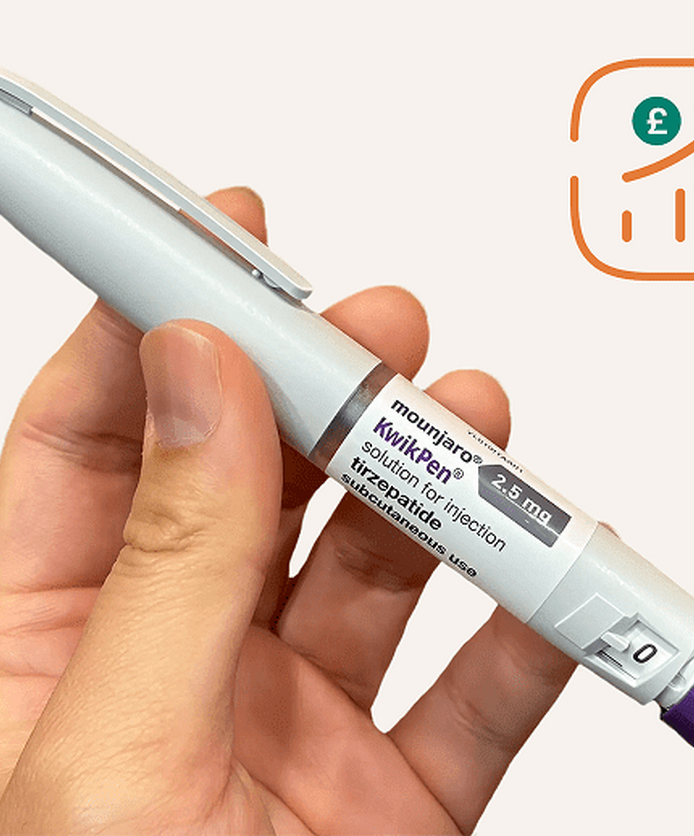
What to Do About the Mounjaro Price...
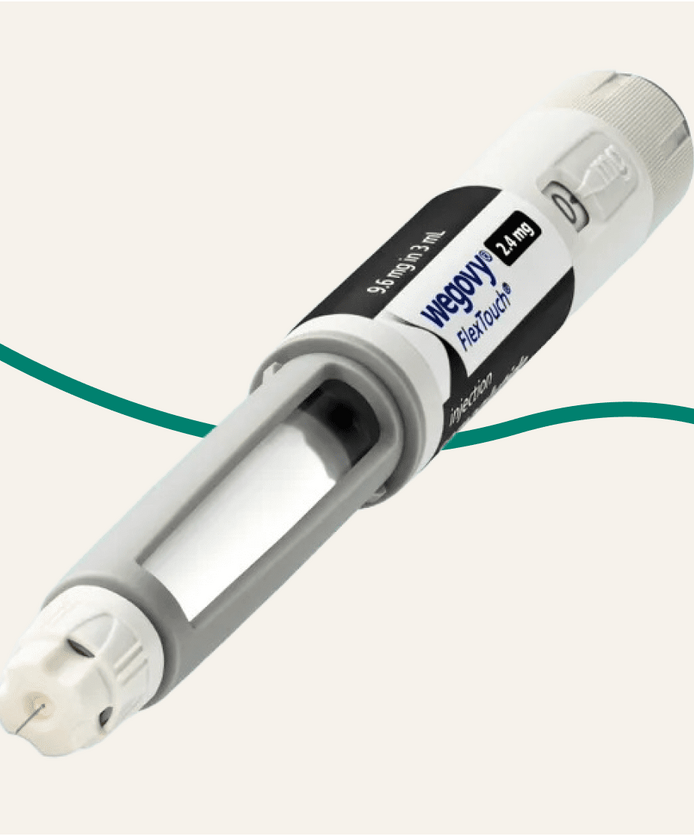
Switching from Mounjaro to Wegovy:...

What are the side effects of Propecia?
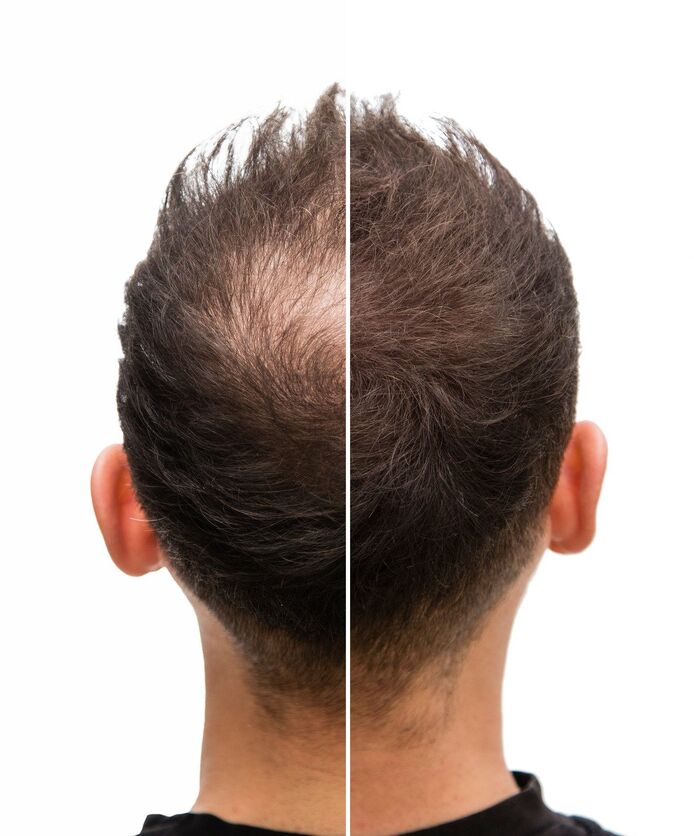
What is Propecia?
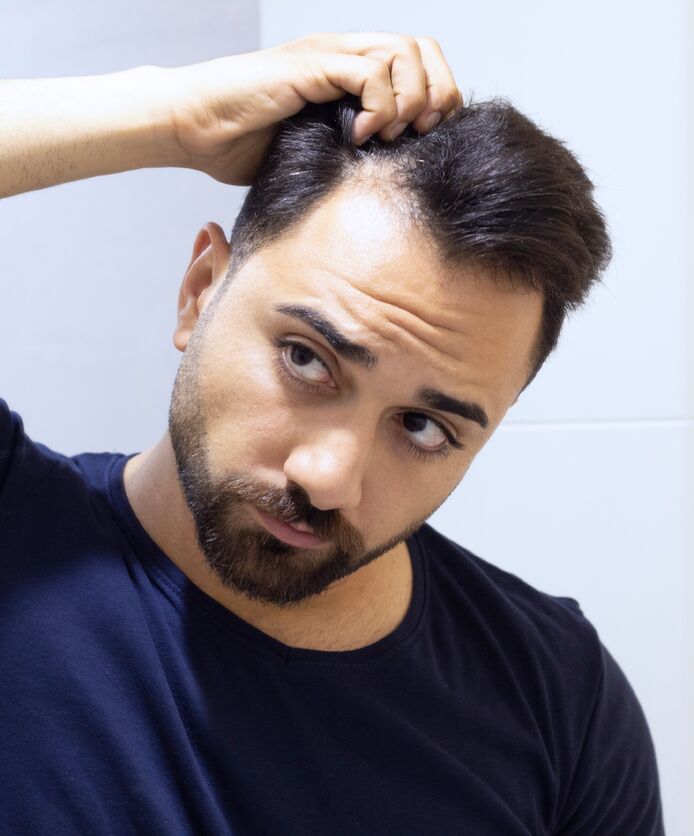
How does Propecia work for hair loss?
